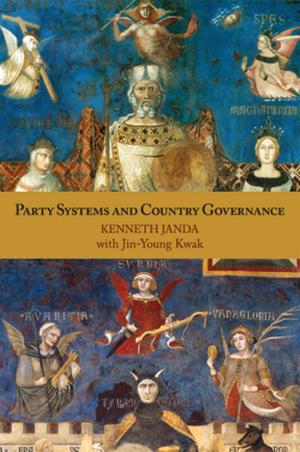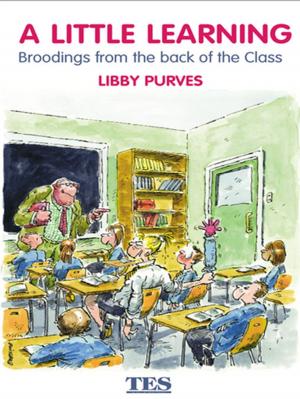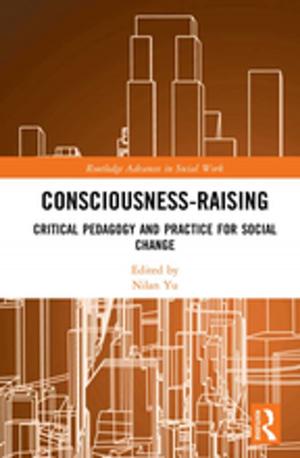Social Justice, Criminal Justice
The Role of American Law in Effecting and Preventing Social Change
Nonfiction, Reference & Language, Law, Criminal Procedure, Social & Cultural Studies, Social Science, Crimes & Criminals, Criminology| Author: | Cyndy Caravelis, Matthew Robinson | ISBN: | 9781317297994 |
| Publisher: | Taylor and Francis | Publication: | December 14, 2015 |
| Imprint: | Routledge | Language: | English |
| Author: | Cyndy Caravelis, Matthew Robinson |
| ISBN: | 9781317297994 |
| Publisher: | Taylor and Francis |
| Publication: | December 14, 2015 |
| Imprint: | Routledge |
| Language: | English |
Social Justice, Criminal Justice is a thought-provoking examination of the U.S. legal system, focusing on how criminal justice and social justice are related. The book provides a solid foundation of key philosophical and theoretical issues and goes on to examine the function of the law as it relates to social justice issues. The authors present and explain the foundational legal documents of the United States, and critically examine how those same documents, which espoused the rhetoric of equality for all, contribute toward the perpetuation and maintenance of a system of exclusion for groups with minority status, such as racial and ethnic minorities, the poor, women, and the LGBT (lesbian, gay, bisexual, transgender) community.
Succinct but comprehensive, this text offers a careful examination of possible relationships between social justice theory and criminal justice practice and illuminates the role that the legal system has played in both preventing and assisting social change and power dynamics. For each identified group, important landmark court decisions are used to demonstrate the plight of the powerless and the quest for equal rights. The book provides an important perspective and understanding of the relationships among criminal justice, social justice, and the law. Suitable for undergraduate and early graduate courses in Social Justice, Justice Studies, Critical Issues, Ethics, and American Government and Law, this text provides easily digestible content for those interested in thinking critically about the U.S. legal system.
Social Justice, Criminal Justice is a thought-provoking examination of the U.S. legal system, focusing on how criminal justice and social justice are related. The book provides a solid foundation of key philosophical and theoretical issues and goes on to examine the function of the law as it relates to social justice issues. The authors present and explain the foundational legal documents of the United States, and critically examine how those same documents, which espoused the rhetoric of equality for all, contribute toward the perpetuation and maintenance of a system of exclusion for groups with minority status, such as racial and ethnic minorities, the poor, women, and the LGBT (lesbian, gay, bisexual, transgender) community.
Succinct but comprehensive, this text offers a careful examination of possible relationships between social justice theory and criminal justice practice and illuminates the role that the legal system has played in both preventing and assisting social change and power dynamics. For each identified group, important landmark court decisions are used to demonstrate the plight of the powerless and the quest for equal rights. The book provides an important perspective and understanding of the relationships among criminal justice, social justice, and the law. Suitable for undergraduate and early graduate courses in Social Justice, Justice Studies, Critical Issues, Ethics, and American Government and Law, this text provides easily digestible content for those interested in thinking critically about the U.S. legal system.















